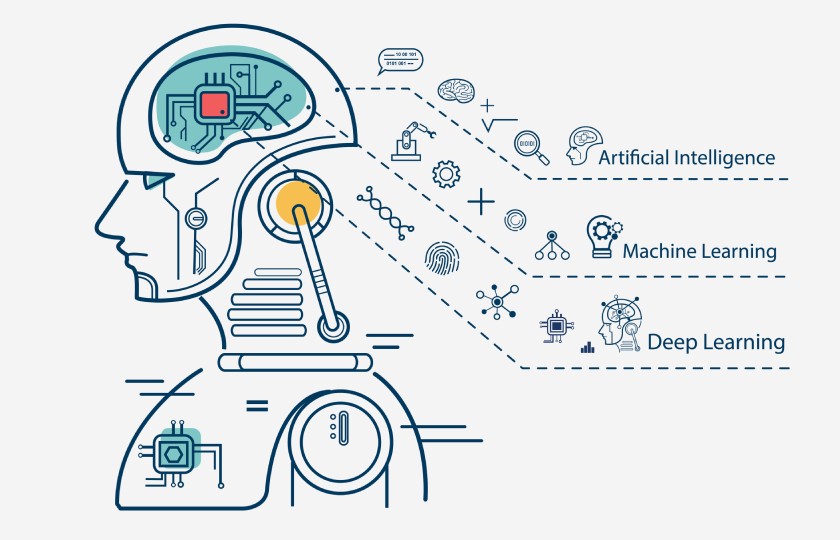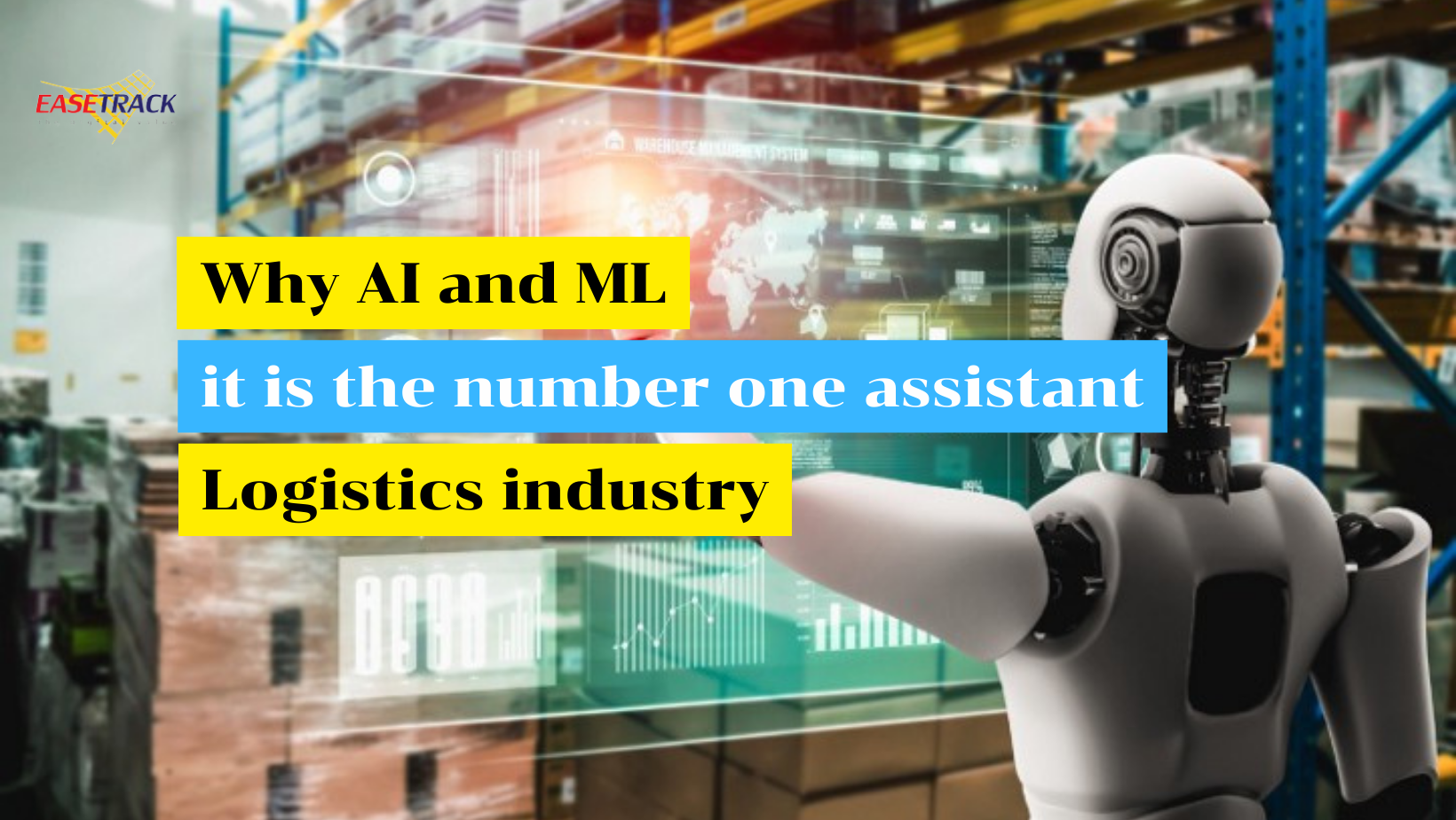Logistics or transportation system It is considered basic structure and an important cog in doing business in every era It is like a joint that connects sellers and buyers together. Especially nowadays, people like to shop more and more products are online It has resulted in the logistics business growing as well but at the same time Investment costs have increased exponentially to the point that all logistics business operators are seriously trying to reduce transportation costs.
How can AI and ML help with logistics? Supply Chain Planning is one of the most critical activities in Supply Chain Management; hence, having reliable tools for plan development is essential. Effectiveness is achieved by appropriately employing AI and Machine Learning in the decision-making process within the supply chain and analyzing large datasets using intelligent algorithms. This approach creates a balance between supply and demand, simultaneously increasing the efficiency of the delivery process.
This is the reason why AI and machine learning technologies are being utilized in the logistics and supply chain industry. Learning proves beneficial, especially when exploring potential applications.

What are AI and ML?
Artificial Intelligence (AI)
Artificial Intelligence, or AI, is a system for analysis and processing that mimics human intelligence. It can produce various results, such as predicting customer behavior in e-commerce or analyzing patient symptoms from diverse hospital data.
Machine Learning (ML)
Machine Learning is the process of making computer systems capable of learning autonomously using data. It is a subset of AI, with the purpose of creating applications that are more efficient than humans in certain tasks by making them smarter, enabling them to develop and learn independently

AI and ML help in solving the problems.
It seems that the assistants who will help solve these situations cannot escape cutting-edge technology, such as AI (Artificial Intelligence) and ML (Machine Learning), which spans across science, engineering, and complex algorithms. Today, AI and ML are not confined to the realm of movies; instead, they are technologies widely utilized in e-commerce and various domains. They play a crucial role in enhancing the efficiency of the logistics business and have become integral to various capabilities.

Track and analyze warehouses
Computer Vision (CV) involves the utilization of various information technologies for processing both images and videos, employing mathematical principles to develop tools. Currently, AI and machines are utilized, and learning is incorporated to enhance efficiency. For instance, a CV system can automatically read product barcodes and utilize the data for analysis, inspection, and tracking to prevent theft and violations of safety rules within the warehouse. Facial recognition technology, currently employed by CV systems, further enables the identification of individuals entering and exiting the warehouse area.

Advance market prediction system
Present in the evaluation of product production situations or storage is the crucial use of AI and machines. Machine learning enables the prediction of consumer demand for specific goods and services in advance, based on available information. This empowers manufacturers to process such data, utilizing AI technology for an initial assessment of market needs. Notably, if a product becomes highly popular in the market, the manufacturing sector can promptly respond by producing and delivering these sought-after products. While entrepreneurs can assess the market initially, technology streamlines and enhances this process, making it more efficient and accurate.

Product Delivery Optimization
Logistics and supply chain processes aim to reduce shipping costs and expedite delivery. Businesses can leverage AI and ML to their advantage. For instance, an e-commerce company with a substantial customer base and high trading volume requires an efficient system for planning quality deliveries. Utilizing AI and machine learning in categorizing shipping products, as well as employing algorithms to analyze shipping routes, becomes crucial. Despite the presence of agents for receiving product deliveries, delivery planning technology remains essential for branded businesses to enhance market expansion in online channels.

Choosing a supplier
In logistics and supply chain circles, it is well known that choosing reliable suppliers for raw material delivery, who can collaborate seamlessly, poses a significant challenge. Acquiring dependable suppliers with competitive prices is crucial, as it directly impacts the efficiency of business operations. The promising news is that today’s AI and machine learning technologies offer datasets based on your supplier selection processes. This allows businesses to receive reliable forecasts and assessments, aiding in the avoidance of potential mistakes.

Workforce planning
Workforce planning is essential for logistics and supply chain management. It involves processes such as recruiting, retaining, and developing employees, redeployment, performance management, and more. AI and ML solutions, when integrated, can greatly reduce complexity and make your workforce planning strategy more effective. As a result, you will end up with a happier team. This is important because employees who enjoy their organization and way of working tend to be more productive. With a team like this, your business is more likely to be successful.

Predict vehicle damage in advance
In addition to predicting customer needs, AI and ML also play a crucial role in anticipating equipment or vehicle damage in advance. This capability enables businesses to prevent damage promptly, saving both time and costs through predictive maintenance.
Here is an example shared by Easetrack undoubtedly, today’s technology offers many efficient solutions for managing logistics and supply chains, including intelligent transportation tracking systems. These systems provide real-time transportation information continuously. Additionally, risk assessment systems within warehouses are crucial in various scenarios. For instance, the current situation might lead to damage in different areas such as property, personnel, or during the shipping process. This illustrates why leading logistics businesses worldwide opt for AI and ML technology as their primary assistant in logistics management.
Source: bcg.com
Picture: unsplash.com & freepik.com

